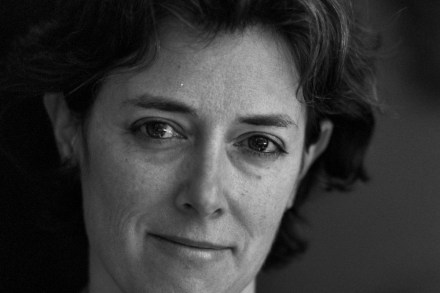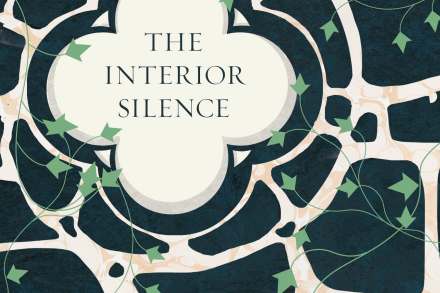Judas Horse: Lynda La Plante
47 min listen
My guest this week is crime queen Lynda La Plante – talking about her new novel Judas Horse, and three decades of her most famous creation, Prime Suspect‘s Jane Tennison. She tells me how she wrote her way out of acting, why so much crime drama now turns her off, why she thinks it’s so important to get police work right and let baddies be baddies – and why she’s haunted by Rentaghost.




















